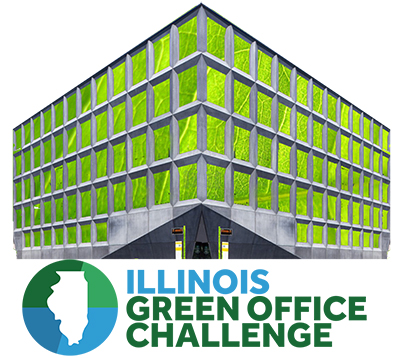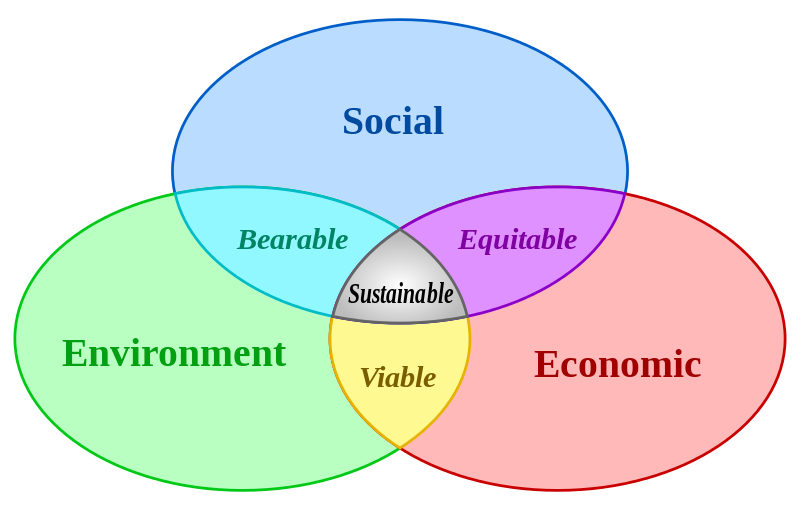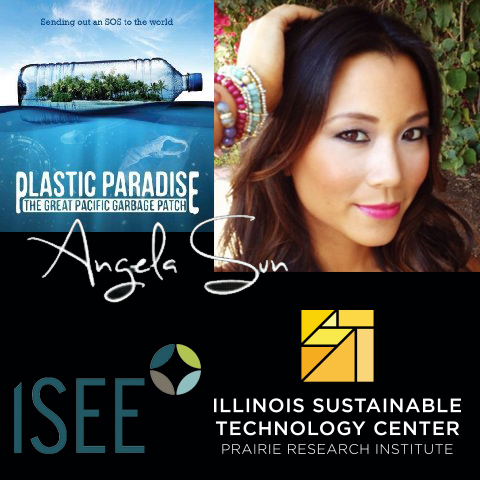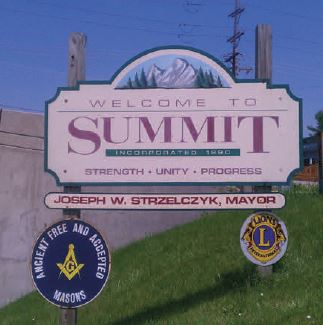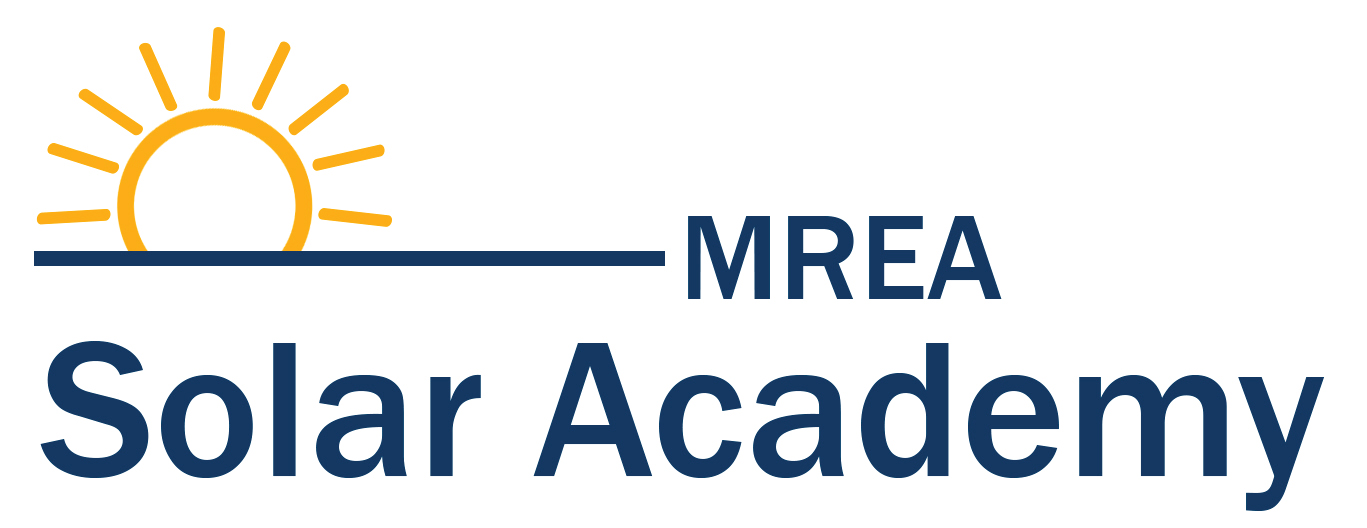 The Midwest Renewable Energy Association (MREA) will be offering its PV 320.03 Solar Training Academy beginning January 17th, in Normal, IL.
The Midwest Renewable Energy Association (MREA) will be offering its PV 320.03 Solar Training Academy beginning January 17th, in Normal, IL.
The MREA Solar Training Academy is a series of weekend classes that will walk students through the photovoltaic (PV) design and installation process. The format of the Solar Training Academy will be MREA’s class progression that will include Basic Photovoltaics, PV Site Assessor, Intermediate PV, PV Design Lab and PV Sales and Finance. Classes will be held one weekend each month beginning in January and concluding in early May. Topics of this training will cover PV equipment selection, utility intertied and battery based systems, batteries, mechanical and electrical integration, PV design, PV residential site assessment, National Electric Code, system commissioning, solar financials. Participation in the Solar Training Academy will also include opportunities to meet with professionals in the solar industry.
Upon successful completion of the Solar Training Academy, students will qualify for:
- Completion of 63 hours of classroom training for North American Board of Certified Energy Practitioners (NABCEP) PV Installation Professional and NABCEP PV Technical Sales Professional
- Sit for the NABCEP Entry Level Exam
- Sit for the MREA PV Site Assessor Exam (To sit for the MREA PV Site Assessor Exam, students will need to complete two practice site assessments outside of class.)
The course instructor is Alex Jarvis, of Solar Systems of Indiana.
Non MREA Member Price = $2,200.00; MREA Member Price = $2,000.00.
For complete information, and registration, visit https://www.midwestrenew.org/civicrm/event/info?id=728&reset=1.
For more information on training available through MREA, see https://www.midwestrenew.org/training.


